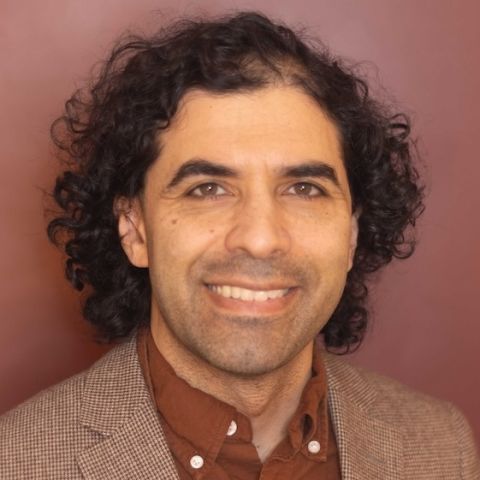Shomir Wilson
Human-Centered Computing and Social Informatics
- Associate Professor and Coordinator, B.S. in Information Technology Ethics and Compliance
- Director, The Human Language Technologies Lab at Penn State
- Faculty Affiliate, Center for Socially Responsible Artificial Intelligence
E310 Westgate Building
288 Burrowes Road
University Park, PA 16802
- Email suw724@psu.edu
- Pronouns he, him, his

Areas of Expertise
-
Natural Language Processing
-
Privacy
-
Computational Social Science
-
Fairness in Machine Learning
-
Artificial Intelligence
-
Security
Education
- Ph.D., Computer Science, University of Maryland, 2011
- M.S., Computer Science, University of Maryland, 2008
- B.S., Computer Science, Virginia Tech, 2005
- B.S., Mathematics, Virginia Tech, 2005
- B.A., Philosophy, Virginia Tech, 2005
